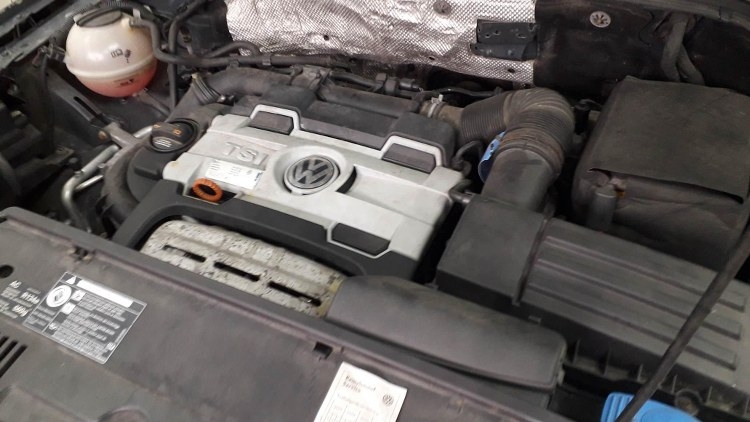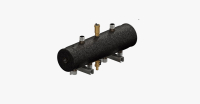These schools will typically offer basic repair courses in addition to advanced repair and maintenance courses which are designed for the professional mechanic in need of continuing education courses or for those students that already hold certification in a related field.
Career Options for Graduates
Small engine mechanics will repair a large range of power equipment, vehicles and tools such as chainsaws, dirt bikes, hedge trimmers, motorcycles, cars, jet skis, mopeds and garden tractors. These mechanics will need to be able to diagnose fuel, electrical and mechanical issues in order to make repairs or provide maintenance. The small engine mechanic can also work by repairing carburetors, ignition systems, transmissions and brakes. When working in this field the mechanic will typically find an area to specialize in and obtain certification through a small engine repair school for one of three available categories; small engine repair mechanics, motorboat mechanics and power equipment mechanics. More - motorcycle school
There are also advancement opportunities in this field that will involve the mechanic furthering their education in related areas such as diesel technology, heavy vehicle mechanics or automobile services.
Certification exams are available through accredited organizations and are not considered a field requirement in order to land employment. These organizations will typically require the certified small engine repair mechanic to maintain their licensure by obtaining continuing education credits each year in order to qualify for license renewal every two to three years, depending on the organization.
Education Requirements and Apprenticeships
To qualify for enrollment into one of these programs the applicant will need to have their high school diploma or GED and be at least 18 years of age. Some of these schools may also require the applicant to have a background in the mechanics field. In these programs a student will learn how to assemble and test new equipment, perform engine overhauls and learn how to diagnose engine or component issues by using diagnostic software. Other courses will include fuel systems, shop safety procedures, electrical systems, engine operations, arc welding, small gas engine fundamentals and outboard service principles.
Apprenticeships are also typically part of a program’s graduation requirements. Courses will consist of both classroom instruction and hands on learning in the school’s repair garages, however, to be successful in the field the student will need to complete a three to six month long apprenticeship in a professional garage where they will work alongside professional small engine mechanics who will delegate tasks and critique the methods used by the apprentice.
Some schools will not provide apprenticeship placement, which means it will be the student’s responsibility to apply at local garages and repair shops.
Also see: The most expensive sports luxury cars in the world and and Ultra Luxury Touring Cars












